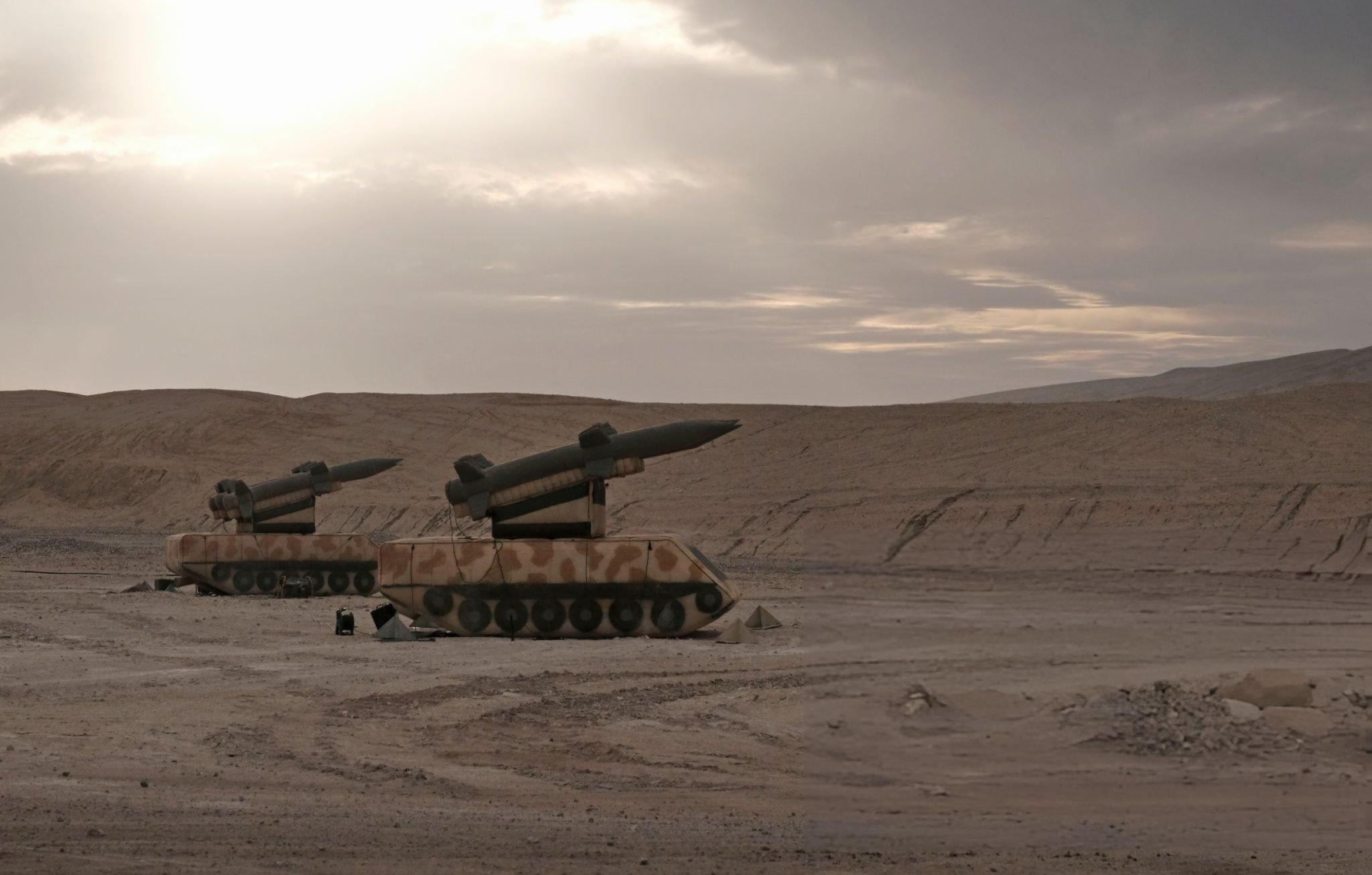The Israeli military has begun the large-scale mobilisation of tens of thousands of reservists in preparation for an expanded offensive in Gaza, signalling a new phase in the protracted conflict with Hamas.
The Israel Defense Forces (IDF) confirmed the move on Sunday, stating its intention to “intensify and expand” operations across new areas of the territory, with the declared aim of recovering Israeli hostages still held in Gaza and dismantling Hamas’ military infrastructure both above and below ground.
A statement from the IDF read: “We are increasing the pressure on Hamas through a combination of targeted ground operations and strategic offensives designed to achieve two main goals — the return of our hostages and the defeat of the terrorist organisation that continues to threaten Israeli lives.”
The mobilisation comes amid growing domestic and international scrutiny of Prime Minister Benjamin Netanyahu’s strategy. Critics argue that the recent military surge, which resumed following the collapse of a two-month ceasefire in March, has failed to yield tangible results in securing the release of the remaining 59 hostages — only 24 of whom are believed to still be alive.
Despite the mounting pressure, the security cabinet has reportedly approved the IDF’s proposed expansion plan, although implementation is expected to be delayed until after a high-profile visit to the region by former US President Donald Trump next week.
Since resuming its offensive on 18 March, Israel has gained control of several key areas of Gaza, leading to the renewed displacement of hundreds of thousands of Palestinians. The military claims the pressure is necessary to force concessions from Hamas, but humanitarian agencies and critics have condemned the strategy.
Aid organisations operating within Gaza have highlighted severe shortages of essential supplies, including food, clean water, and medical aid, warning of a looming humanitarian catastrophe. The World Health Organization and other agencies have characterised the Israeli-imposed blockade as a potential war crime — a claim Israel vehemently denies.
For the IDF’s reservists, many of whom have already been called up multiple times since the conflict erupted in October 2023, the latest mobilisation has deepened concerns. “Some soldiers are now being drafted for the fifth or sixth time,” a military source told Israeli media. “Morale is becoming a serious issue.”
Families of the hostages have also voiced renewed frustration. Many accuse Netanyahu of deliberately prolonging the war for political purposes and undermining attempts to secure a diplomatic resolution. In Tel Aviv, protests erupted again on Saturday evening, with demonstrators demanding an end to the conflict and prioritisation of a hostage deal.
“This is a needless war,” said one demonstrator, whose son remains in captivity in Gaza. “The government must focus on negotiations — not more bombs.”
Meanwhile, violence continues on multiple fronts. On Sunday, two more Israeli soldiers were confirmed killed in Gaza. Separately, a missile fired from Yemen by Iran-aligned Houthi rebels struck near the main terminal at Ben Gurion airport. In response, Netanyahu vowed strong retaliation, while the Houthis warned of further attacks, threatening to impose an “aerial blockade” on Israel.
In Gaza, the Hamas-run health ministry reported that 40 Palestinians had been killed in the last 24 hours, with 125 injured. The total death toll in Gaza since the war began in October 2023 has now surpassed 52,500, according to the same ministry. Of these, 2,436 deaths have occurred since Israel resumed its offensive in mid-March.
The conflict began following a brutal Hamas-led cross-border attack on 7 October 2023, in which 1,200 Israelis were killed and 251 people were taken hostage.
Nearly 19 months into the war, Netanyahu has yet to present a concrete “day-after” plan for Gaza, leaving uncertainty over Israel’s long-term intentions and deepening public discontent at home and abroad.






